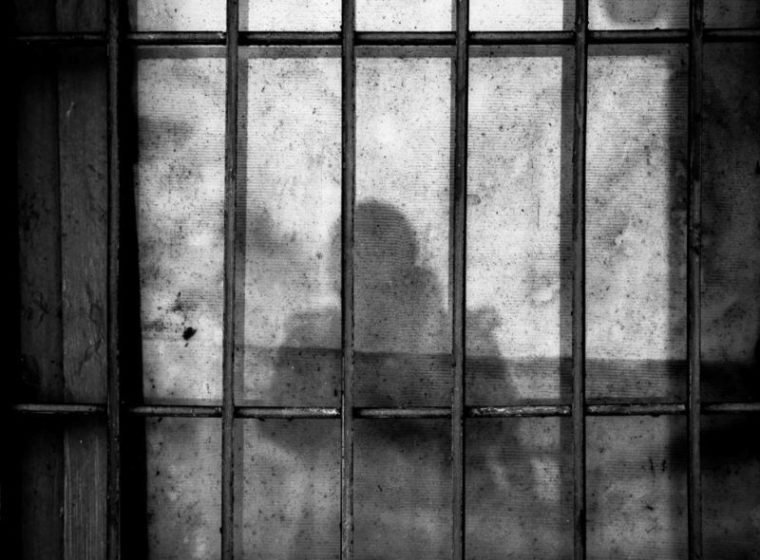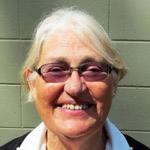
Christians in each of these countries are experiencing persecution in different ways.
Vietnam
Australia's Ambassador to Vietnam, Robyn Mudie, will have an important meeting in coming weeks with Communist Party officials in Hanoi, Vietnam, in the hope that religious liberty would be taken seriously. The Vietnamese Church is active in Vietnam, leading the way in relief and development as well as in the promotion of justice and human rights. Christians also seek to worship without persecution.
Vietnam's ethnic minorities, in particular the mostly Christian Hills tribes of the Central Highlands, face especially egregious persecution for the peaceful practice of their religious beliefs. The nature of the persecution includes physical assault, detention, or banishment. Thousands have been refused ID cards, birth certificates and household registration, and rendered stateless simply on account of their Christian faith.
In particular we are asked to pray for two Christians: Nguyen Nang Tinh (45), a Catholic school teacher (music), who was arrested at his home on 29 May 2019, and Protestant Pastor Nguyen Trung Ton (49), an ethnic Kinh who was arrested at his home in Thanh Hoa, on 30 July 2017, for his pro-democracy, human rights and religious liberty advocacy.
Tinh was charged with of “making, distributing, and disseminating propaganda against the state” for teaching patriotic songs to his students in a lower court in Nghe An province. He went on a hunger strike for 46 days because the authorities refused his request to see a Catholic priest. On Monday 20 April 2020, an appeal court in Nghe An Province upheld the guilty verdict.
Pastor Ton was abducted and severely beaten by Communist Party thugs, leaving him with chronic leg pain from smashed ligaments. He was charged with “carrying out activities aimed at overthrowing the People’s administration” under Article 79 of Vietnam’s penal code. He is currently imprisoned in Gia Trung prison, Gia Lai province, and his legs have never healed because he was deprived of medical care.
Uzbekistan
The concept of religious freedom in Uzbekistan evokes great fear in the government, not without reason. After Uzbekistan declared independence in 1991, a spiritual void was left by decades of enforced, atheistic communism. Islam literally flooded into the largely Russified and secular state. This resulted in an Uzbekistan simmering with revolutionary and jihadist, pro-Caliphate, pro-Sharia fundamentalist Islam.
The President, Shavkat Mirziyoyev, desires to engage and trade with both East and West. While many Uzbeks are excited by Uzbekistan's new openness and growing prosperity, this also requires the President to address the repressive Soviet-inspired 1998 Religion Law.
This law is under review, but the new draft law made public in August would perpetuate repression, because of the government’s fear that promoting religious freedom would enable pro-Caliphate fundamentalist Islam to spin out of control.
Uzbekistan announced in April 2020 its candidacy for membership from 2021 of the United Nations Human Rights Council, which oversees the Universal Periodic Review of all UN member states' human rights record.
One of the internationally recognised rights is the ability to exercise freedom of religion or belief without state permission. However, Uzbekistan does not have a good track record about human rights and many provisions of the current and the draft new Religion Law, as well as numerous other laws, contradict Uzbekistan's pledges during its last UPR in 2018.
Pakistan
In Islam, girls may be married once they have attained puberty, and religious identity is inherited from the father. Consequently, the offspring of raped, captive Christian girls are automatically deemed Muslim.
The Islamic clerics who issue fake conversion and marriage certificates, along with the police and judges who ignore or endorse the practice, are complicit in what is nothing other than human trafficking across religious lines. This practice is common particularly in Egypt and Pakistan.
Maira Shahbaz, a Catholic, was 13 years old when allegedly abducted by a wealthy Muslim businessman in 2019 and forcibly married to him. The Faisalabad District and Sessions Court ruled that she be removed and placed in a women and girl’s refuge. But the Lahore Court overturned that decision and ordered her to be returned to her ‘husband’.
Family friend and advocate Lala Robin Daniel said: "With this ruling, no Christian girl in Pakistan is safe."
Let us lift these situations before the Throne of Grace
Let us pray that Almighty God will bless, comfort, sustain and encourage prisoners Nguyen Trung Ton and Nguyen Nang Tinh; may the Lord Jesus Christ bring healing to Pastor Ton's body; may the Spirit lift up Ton and Tinh's heads (Psalm Chapter 3, verse 3) and may the God of justice intervene for Ton, Tinh and all Christians unjustly imprisoned in Vietnam (Amos Chapter 5, verse 24).
May the Lord bless and encourage the church in Vietnam, Uzbekistan and Pakistan, granting wisdom and strength to the leaders and hope and protection for all believers.
May the Spirit of our merciful and gracious God blow through the land of Uzbekistan, restoring true openness and freedom to worship. Let the President and his ministers make wise decisions and overcome fear of repression.
May our Almighty God have mercy on Christians, especially girls and families, in Pakistan. Please pray especially for Prime Minister Imran Khan, who desires reform but faces overwhelming opposition. Pray also for courage for lawyers, politicians and other activists to lead Pakistan to a better path.

Aira Chilcott is a retired secondary school teacher with lots of science andtheology under her belt. Aira is an editor for PSI and indulges inreading, bushwalking and volunteering at a nature reserve. Aira’s husband Bill passed away in 2022 and she is left with three wonderful adult sons and one grandson.
Aira Chilcott's previous articles may be viewed at http://www.pressserviceinternational.org/aira-chilcott.html